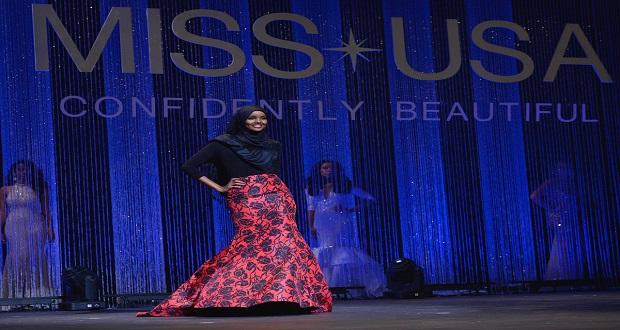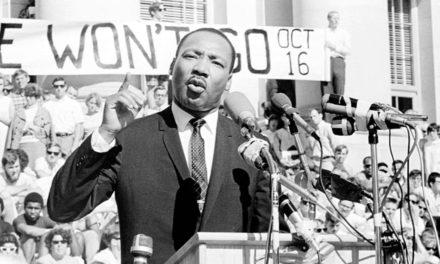American Eagle Outfitters, a fashion retail giant, made national headline news last week after officially extending its product line offering to incorporate denim hijabs for fashion forward women interested in maintaining their traditions in style. This product expansion comes immediately after Nike released its plans to sell a performance hijab for Muslim woman athletes. With Somalian model and refugee Halima Aden’s help, American Eagle took to social media for their debut launch to showcase the product to America’s youth.
In terms of a business case for Diversity and Inclusion, companies such as American Eagle are truly pushing the envelope of cultural inclusiveness while also reaching a potential new customer base. Muslim women and girls are a “growing niche” as Islam is expected to become America’s second largest religion by 2050. By recognizing the diversity of consumers, companies like American Eagle and Nike are creating a powerful example of what inclusion in the 21st century can look like. They are expanding their ability to connect with and understand consumer wants and needs by expanding their vision of who makes up, or could make up, their customer-base.
American Eagle is also bold to expand their product line during this tense and polarized social-political time. In America today, with the rise of Islamophobia and the partially-enforced Muslim ban, it may be hard for some to wear hijabs out of fear or retaliation. So, what is the advantage of selling them?
American Eagle and Nike are both acting as conduits of change by challenging the mindset of the masses and making it more culturally acceptable to be who you are—and wear what you want—regardless, or perhaps because of, the negative perception of predominantly Muslim cultures. Although this effort runs counter to America’s political climate, it is showing consumers and companies that because of the changing demographics in the United States there is a demand for cultural inclusiveness.
What also struck me about American Eagle’s promotional campaign was their model: Halima Aden. A Somalian Muslim born in a refugee camp in Kenya, she proves that “America” and “American” is and always has been defined by immigrants. American Eagle’s decision to use this particular young woman as the model illustrates their willingness to defy white, Christian cultural norms about what it means to be an American and is a bold step down their journey to inclusiveness. The company has also enlisted the help of body positivity activist and model Iskra Lawrence, showing that they want to be an example of diversity in the fashion industry in more than just the areas of ethnicity and religion.
If companies like American Eagle and Nike choose to sell hijabs, they may face backlash, but as a Diversity and Inclusion practitioner, I am excited about the example that these major organizations are setting for Americans of living inclusively. This choice allows for those who may not be familiar with cultural norms of non-dominant religious groups in America to ask questions and to begin a journey towards being culturally competent.
What are your thoughts? Should more companies follow suit?



















